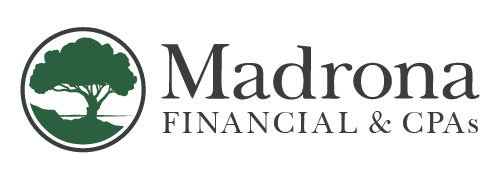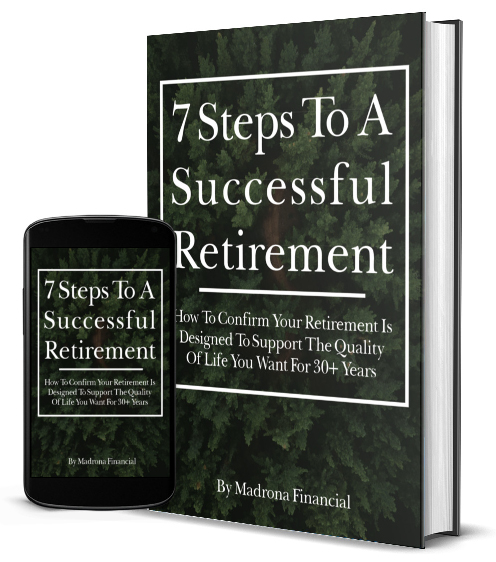The Estate Planning and Tax Efficiency Process begins with a well thought out and constructed financial plan. The plan will integrate these two areas while also accounting for your pre- and post-retirement needs. By the nature of such a plan, there is a lot of crossover into the various sections of the plan. It is important to have well-qualified professionals working together to maximize your benefits.

Often, it is the financial advisor/RIA that coordinates both the CPA and EPA (Estate Planning Attorney) and provides the “home base” for making sure that everything works together for your good. A good RIA will keep the plan moving forward and will be the glue that makes the plan stick to your needs and goals.
Ultimately, when the plan is completed and underway you have a dynamic document that not only accounts for your wishes but will be monitored throughout your life, and your spouse’s, if you are married. The plan provides clarity, confidence, and continuity about your finances and estate, leaving you free to focus on living.
How To Find The Right Planning Professionals

When it comes to retirement, estate, and tax planning, Dale’s father’s advice could not be more true. Hire professionals through reputable sources to manage these areas of your finances. They are typically well read on the latest in their respective industry, well-educated in their field, and finally, well-suited to provide you with the products and services necessary for your personal financial success.
Avoid on-line reviews offered through referral sources. These reviews are often paid for or sponsored ads. If you have not been referred through someone that you currently know, I would avoid employing that reference.
Other on-line resources to avoid are do-it-yourself legal documents. They can leave you woefully short in the areas that you are deploying these of the documents. We have found that there are also additional documents required to fully facilitate the protection you desire. For example, Living Trusts require the funding of the trust and this requires that additional paperwork be completed and filed.
Taxes
Taxes are one of the single largest expenses we have, yet we spend so little time considering ways we can keep Uncle Sam out of our wallets.
Every financial move you make has tax implications. When you have a professional team of seasoned experts monitoring those tax consequences and offering strategic advice in concert with your investment management, retirement and estate planning, your savings could be staggering.
Trusts
In this chapter, and in other chapters in this book, we will discuss trusts. But what is a trust, and what is its purpose?
The most basic reason to establish a trust is to help someone carry out their wishes even after they are unable to do so, or after they have passed away. Trusts can be set up to do lots of things:
- Protect assets from tax
- Assist spouses and children by providing qualified decision makers
- Provide for disabled children in case you can no longer be there to care for them, or
- Help ensure children or charities of your choice receive your assets upon your passing

